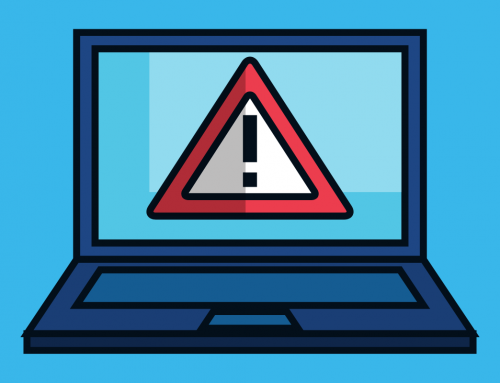Secure your practice with these effective cyber security strategies for Ontario lawyers!
Let’s face it — law firms are extremely attractive targets for cyber criminals. As more Ontario lawyers and their teams work remotely, the risk of data breaches goes up accordingly. In fact, a 2022 legal technology survey reported that 27% of law offices have experienced a security breach at some point, and that number has likely increased since then, indicating an urgent need for security practices for remote work.
In today’s interconnected world and in a profession that requires data security, lawyers cannot afford a data breach. Still, over a quarter of firms report having been hit and, according to Canadian Lawyer magazine, 40% of its poll respondents said they litigated over cyber and data protection in 2023, compared to only 33% in 2022.
Don’t let this happen to your firm. This blog explores practical strategies Ontario lawyers can adopt to ensure the safety of client information in a remote setting.
Understanding the Risks
Remote work environments are susceptible to various security threats, including phishing attacks, unsecured Wi-Fi networks, and the risk of device theft. Mitigating these dangers means taking proactive steps like the ones below.
Don’t trust Your Internet Connection
Avoiding public wifi and implementing strict network security in your office can be difficult. The best course of action is to treat all internet connections as “unsecure.” This means ensuring everything you do on your computer is encrypted between you and the server. Almost all websites do this automatically now. But for accessing your firm data, ensure you are using a secure remote desktop or VPN solution at all time.
Use Strong Passwords and Multi-Factor Authentication
When you create passwords, use a combination of letters, numbers, and symbols and avoid using the same login across multiple platforms. Implementing multi-factor authentication (MFA) adds an extra layer of security by requiring a second form of verification (such as a text message code) to access accounts. This significantly reduces the risk of unauthorized access, even if a password is compromised.
Keep Software and Systems Updated
Cyber security is an ongoing battle, with threats evolving constantly. Regular updates to your operating system, applications, and anti-virus software are crucial for patching vulnerabilities that could be exploited. Enable automatic updates where possible to ensure you’re always protected against the latest threats.
Encrypt Sensitive Information
Encrypting files and emails ensures that data is unreadable to unauthorized individuals, even if they manage to intercept it. Law firm managers should ensure that encryption is a standard practice for all sensitive client communication and document storage.
Implement Secure File Sharing Practices
When sharing files with clients or colleagues, use secure, encrypted file-sharing services. Avoid sending sensitive information via email, as it is more susceptible to interception. Secure portals provided by your firm or trusted third-party services and make sure that only the intended recipients can access the information.
Physical Security Measures
Device security is as important as digital security. Never leave laptops, smartphones, or any device containing sensitive information unattended in public places. Consider using cable locks for laptops when working in shared spaces and use privacy screens to prevent shoulder surfing.
Back Up Data Regularly
Regular data backups can be a lifesaver in the event of a cyberattack or physical damage to your device. Use encrypted, secure cloud storage services or external hard drives to back up files. Ensure that backups are also protected with strong passwords and encryption.
Develop a Response Plan
Even when you take precautions, data breaches can still occur, so having a response plan in place is critical. This plan should outline steps to take in the event of a data breach, including notifying the relevant authorities, informing affected clients (in accordance with PIPEDA and other relevant regulations), and steps to mitigate the damage.
Educate Yourself and Stay Informed
Staying informed about the latest cyber security threats and best practices is crucial. Regular training sessions, whether provided by your firm or external experts, can keep you and your colleagues ahead of potential risks. Awareness of phishing scams, ransomware attacks, and other cyber threats can help you recognize and avoid them.
Final Thoughts About Security Practices for Remote Work
Ontario law firms have a legal and ethical obligation to safeguard client data in a remote work environment. By implementing the security practices outlined above, they can reduce the risk of data breaches and protect the confidentiality and integrity of client information. As remote work becomes more mainstream, keeping a close eye on cybersecurity will be crucial for the safety and success of law firms across Ontario.










